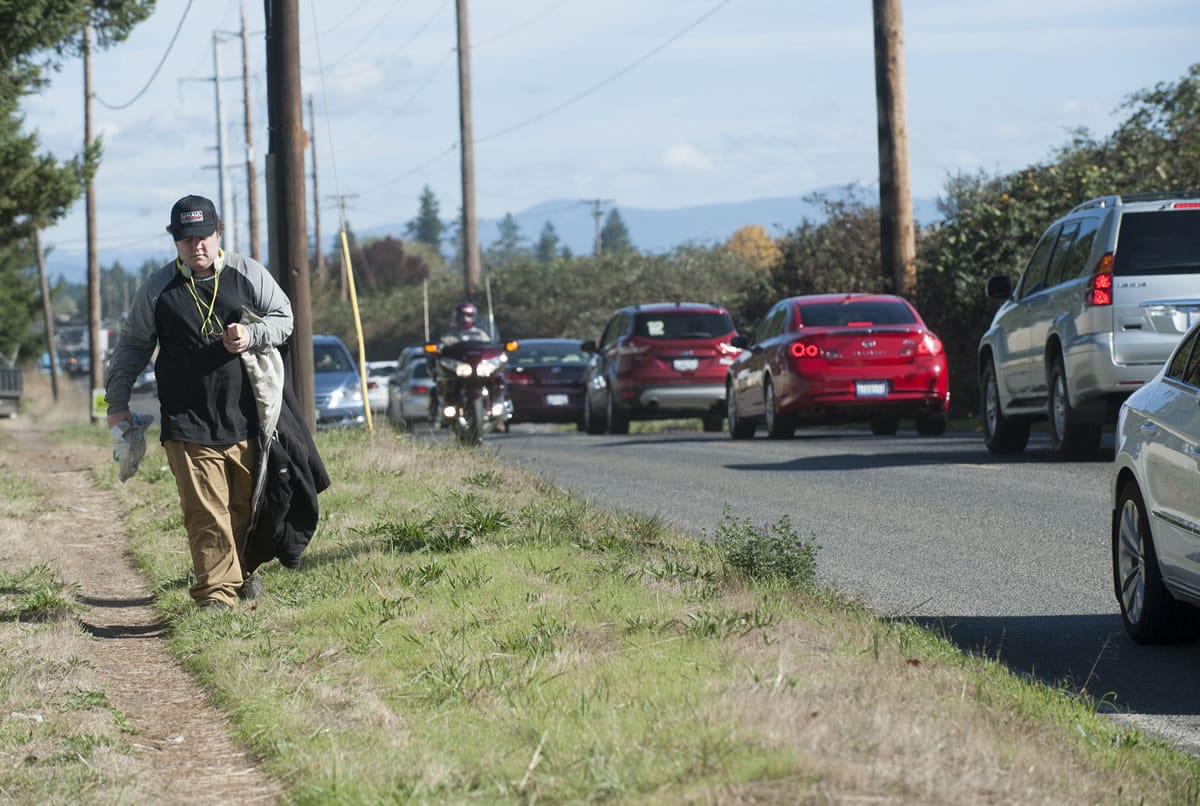Other potential funding sources the commission considered included a sales tax hike and a property tax increase, which would require a public vote. But the commission recommended against that, feeling it was the city council’s responsibility to maintain the city’s assets, Schauer said.
The commission recommends the city’s financially enhanced street program should:
• Maintain streets and medians at pre-recession service levels (mowing, weeding, watering, street sweeping.)
• Gradually improve pavement condition from “fair” to “good” over a 20-year period.
• Start a replacement program for outdated or worn streetlights, traffic signals and bridges.
• Expand mobility, safety and accessibility programs (add bike lanes, sidewalks, wheelchair ramps, traffic-calming devices.)
• Upgrade substandard arterial streets, leveraging local dollars with state and federal grant sources.
According to a recent study, at the city’s current funding level of $22.6 million a year, overall street conditions will decline, and costs will skyrocket through 2035. This year, the amount of street work that should be done but is being deferred totals about $130 million. In 20 years, the amount of deferred maintenance will soar to $250 million at current funding levels. Currently, there’s no money for new projects, not even money that could be used to match grants.
The city’s growth has outpaced its street budget. Vancouver added 17.6 square miles and 58,000 residents overnight in a massive annexation in 1997. Since 2004, the city has annexed another 2,300 acres and brought more than 1,900 residents into the city limits. The street system sprawled, adding miles of asphalt to the city’s care. Now that Vancouver is almost built out, the city maintains about 580 miles of centerline paved streets, 235 traffic signals, 17,500 streetlights, 10 bridges and 103 acres of city-maintained rights of way and medians.
Of the $22.6 million the city has budgeted annually for streets for the 2015-16 biennium, $10.7 million is going toward operations/maintenance, $6.8 million is for pavement management, $4.9 million is for debt payments and $200,000 is for replacing assets such as bridges, signals and street lights.



